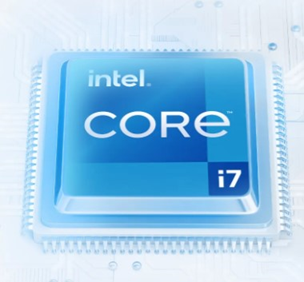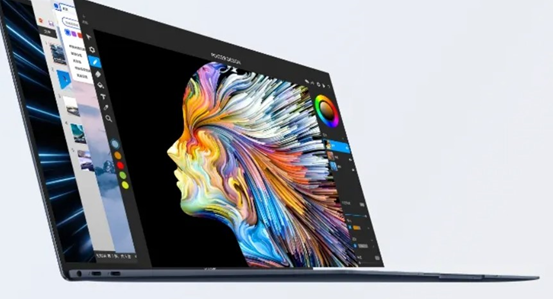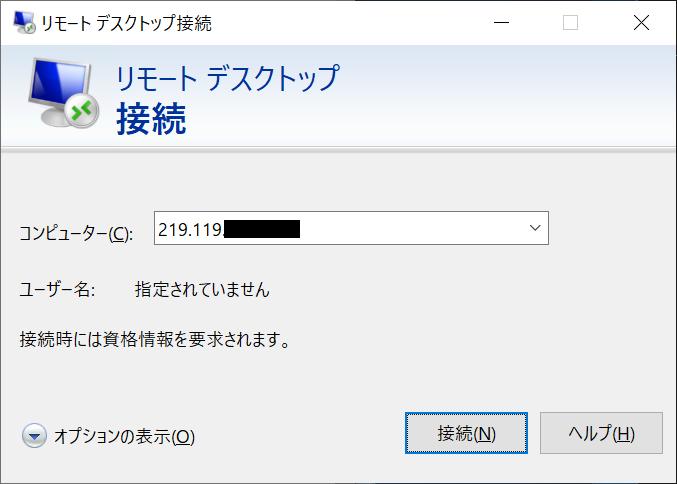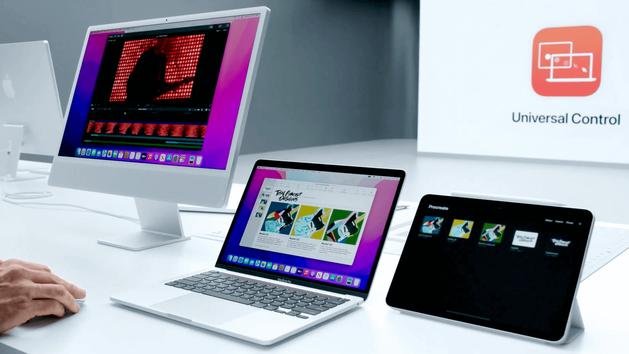In an era where speed and efficiency are paramount, a sluggish laptop can be a source of immense frustration. Understanding the factors that contribute to slow laptop performance is crucial for effectively addressing these issues. In this article, we will delve into the key culprits behind a slow-performing laptop, shedding light on the common factors that can hinder your device's speed and responsiveness.
Understanding the Causes of Slow Performance
Outdated or Underpowered Processor
The processor, often referred to as the "brain" of the computer, plays a critical role in executing instructions and tasks. Outdated or underpowered processors may struggle to handle modern applications and software, resulting in slower overall performance.

Fragmented Hard Drive
Over time, the files stored on a laptop's hard drive can become fragmented. This means that pieces of a single file are scattered across different physical locations on the drive, making it take longer for the system to access and retrieve them. This fragmentation can lead to slower read and write speeds.
Malware and Viruses
Malicious software, including viruses, malware, and spyware, can infiltrate a laptop and wreak havoc on its performance. These unwanted programs consume system resources and may run in the background, causing the system to slow down.
Limited Storage Space
Running out of available storage space on your laptop's hard drive can significantly impact performance. When the drive is nearly full, the operating system and applications may struggle to find sufficient space to perform tasks efficiently, leading to slower response times.
Too Many Background Processes
Many applications and processes run in the background even when you're not actively using them. If there are too many of these background processes, they can consume valuable system resources and lead to a noticeable slowdown in performance.
Outdated or Incompatible Software
Running outdated software or using applications that are not compatible with your operating system can lead to performance issues. Newer software versions are often optimized for efficiency and may not work as smoothly on older systems.
Overheating
Overheating is a critical concern for laptops, as their compact design can sometimes impede proper airflow and heat dissipation. When a laptop's internal components become too hot, it triggers a built-in safety mechanism to protect against potential damage. This mechanism, known as thermal throttling, reduces the performance of the processor and other critical components. While this may prevent immediate harm, it also leads to a noticeable drop in speed and responsiveness. In addition to thermal throttling, sustained overheating can have long-term effects on a laptop's overall health.
Insufficient RAM
RAM, or Random Access Memory, is a vital component of any computer system. It provides the temporary storage space that the operating system and active applications use to store data that's in immediate use. When the available RAM is limited, it can lead to slower performance, as the system struggles to juggle multiple tasks simultaneously. The HUAWEI MateBook X Pro boasts 16GB of RAM, providing the computer with a significant speed boost. HUAWEI typically offers discounts on black friday, making it an opportune time to consider purchasing a HUAWEI laptop.

Conclusion
A slow-performing laptop can be a significant hindrance to productivity and efficiency. Recognizing the factors that contribute to sluggish performance is the first step toward finding effective solutions. By addressing issues such as insufficient RAM, outdated hardware, fragmented hard drives, malware, limited storage space, excessive background processes, outdated software, and overheating, you can take proactive steps to improve your laptop's speed and responsiveness. This knowledge empowers you to make informed decisions about maintenance, upgrades, and software management, ultimately ensuring that your laptop operates at its optimal potential.

![EVsmart blog Toyota's electric car "bZ4X" that makes you feel comfortable with electric cars and quick chargers / No% display of battery level [Editorial department] Popular articles Recent posts Category](https://website-google-hk.oss-cn-hongkong.aliyuncs.com/drawing/article_results_9/2022/3/9/752542064665dc2bd7addbc87a655694_0.jpeg)
![Lenovo's 8.8 inch one-handed tab "Legion Y700" full specs released! [Is the price in the 40,000 yen range?]](https://website-google-hk.oss-cn-hongkong.aliyuncs.com/drawing/article_results_9/2022/3/9/207e1be231154e91f34c85b4b1d2126c_0.jpeg)

